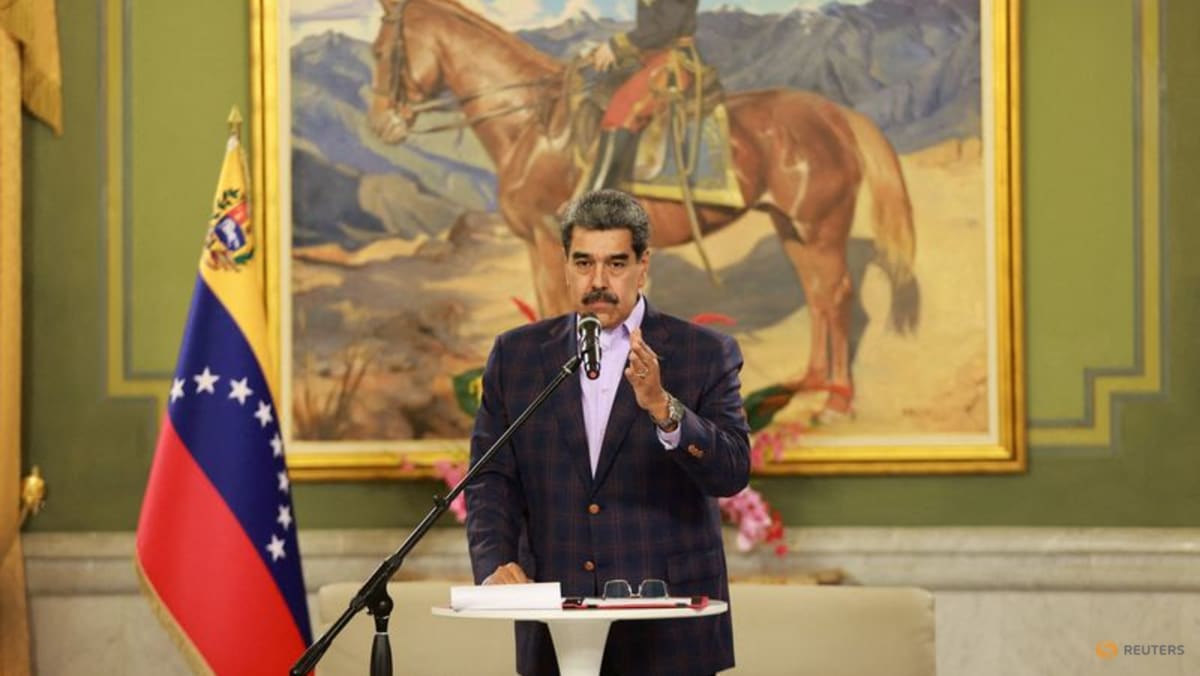US Escalates Pressure on Venezuela: 'Cartel of the Suns' Designated as Terrorist Group
The United States has significantly ramped up its campaign against Venezuela, officially designating the alleged “Cartel de los Soles” (Cartel of the Suns) as a foreign terrorist organization (FTO). This pivotal move, which took effect on November 23, 2025, broadens Washington's strategic options for exerting pressure on Venezuelan President Nicolas Maduro. The US claims Maduro leads this clandestine group, which it blames for “terrorist violence” across the Western Hemisphere.
New Avenues for US Pressure
Placement on the State Department's FTO list, a roster that includes various Islamist factions, separatist movements, and criminal enterprises, criminalizes any support provided to the designated entity. While public evidence directly linking President Maduro to the cartel remains undisclosed, this classification creates a robust legal framework for intensified US actions. Experts suggest it unlocks “a whole bunch of new options” for the Defense Secretary. This development coincides with a substantial US military presence in the Caribbean, featuring an aircraft carrier. Since September, US forces have reportedly carried out airstrikes, resulting in 83 fatalities on boats suspected of drug trafficking in international waters, though no public verification of drug cargo has been provided.
Economic Ramifications and Military Maneuvers
Economists anticipate that the FTO designation will further tighten the existing US sanctions regime against Venezuela, which already includes a crippling oil embargo. This could compel Caracas to sell its crude at even steeper discounts on the black market, worsening the nation's severe hyperinflation. While Chevron's license remains untouched and black market oil exports are currently tolerated, the FTO classification could legally empower the US fleet to seize Venezuelan ships, according to oil expert Francisco Monaldi.
Political analyst Juan Manuel Trak observes that the heightened pressure fosters a perception of an “imminent attack.” However, professor Alexis Alzuru postulates that any military engagements would likely be confined to “certain airstrips linked to drug trafficking,” situated far from urban centers. Earlier in the month, then-President Trump had declared Maduro's political lifespan “numbered,” and US media outlets reported authorized covert CIA operations within Venezuela.
Maduro's Defiance and Stalled Negotiations
Despite the escalating threats, President Maduro has openly expressed defiance. Participating in Student Day celebrations, he declared he would not be intimidated by Washington's “ploys.” His government consistently projects an image of military strength and unwavering loyalty among its top commanders through frequent military exercises.
The prospect of direct negotiations between Washington and Caracas appears bleak. Alzuru contends that without an internal fracture within Maduro's network compelling him to negotiate, the likelihood of talks with the United States is “basically zero.” Although Maduro has voiced willingness to meet “face to face” with Trump, and Trump himself hinted at a future encounter, Trak deems Maduro's overthrow or the opposition's ascension to power “very unlikely.” Trak speculates that Trump might have considered a trade-off: de-escalating the Caribbean threat in exchange for access to Venezuela's mineral resources and facilitating an internal political transition.
This evolving geopolitical situation underscores the intricate interplay of strategic maneuvering, economic leverage, and persistent allegations of drug trafficking in the ongoing US-Venezuela standoff.

